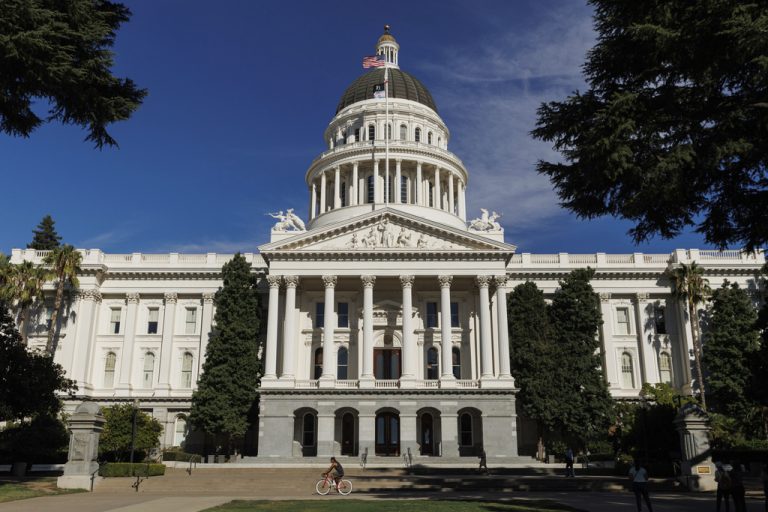
California’s sweepstakes casino battle has entered a new phase. While lawmakers debate AB 831, a bill that would ban sweepstakes casinos statewide, Virtual Gaming Worlds (VGW) is taking its fight directly to players. The parent company of Chumba Casino, LuckyLand Slots, and Global Poker has launched a campaign urging Californians to push back against the proposed ban.
VGW Calls on Players
The most recent move in the fight came not in a hearing room, but in player inboxes. Chumba Casino sent an email warning that AB 831 would eliminate “the games that millions of Californians enjoy safely and responsibly every day.” The message stressed that sweepstakes casinos already include “strong safeguards to protect players and keep minors out.” It framed regulation, not prohibition, as the smarter path, noting that a regulated model could contribute new tax revenue “without raising taxes on families.”
With an estimated 2 million Californians (according to VGW) playing sweepstakes or social casino games, the message urged players to contact their legislators directly. VGW’s strategy is clear: turn a large but casual player base into a political constituency that lawmakers cannot ignore.
Tribes Split on the Issue
This mobilization lands as tribal voices remain divided. The Kletsel Dehe Wintun Nation of the Cortina Rancheria recently announced a partnership with VGW, giving the social casino operator a tribal ally. Leaders argued the bill favors large casino tribes while depriving smaller, rural tribes of opportunities to diversify.
Other tribes strongly disagree. Heavyweights such as the San Manuel Band of Mission Indians, along with members of the California Nations Indian Gaming Association (CNIGA), back AB 831. They see sweepstakes casinos as an unregulated back door into online gambling that threatens decades of tribal exclusivity.
Billions at Stake
Opponents of AB 831 argue that banning sweepstakes casinos could eliminate over 1,200 jobs and erase $1 billion in annual economic activity. They point to potential tax revenue of $200 to $300 million per year if the state chose regulation instead of prohibition. Proponents counter that regulation is unnecessary because tribal casinos already have exclusive rights under California law.
Meanwhile, lawsuits are adding another layer of uncertainty. VGW and other operators face multiple class-action suits across the country, including in California, challenging the sweepstakes model on legal grounds.
What Happens Next
AB 831 has cleared several committees and now sits in the Senate Appropriations Committee’s suspense file. Lawmakers are expected to review the bill again on Aug. 29, when its fiscal impact will be weighed before deciding whether it advances or dies this session.
For now, the battle lines are drawn. Large tribes want sweepstakes casinos shut down. Smaller tribes see them as lifelines. And VGW is betting it can rally its millions of California players to join the debate and pressure lawmakers to reconsider.





